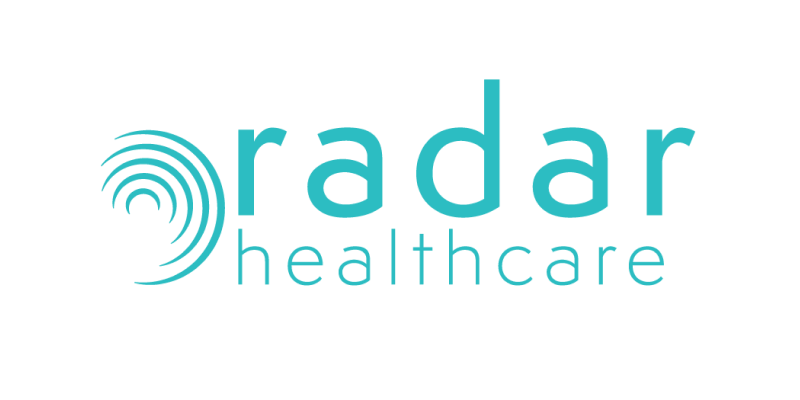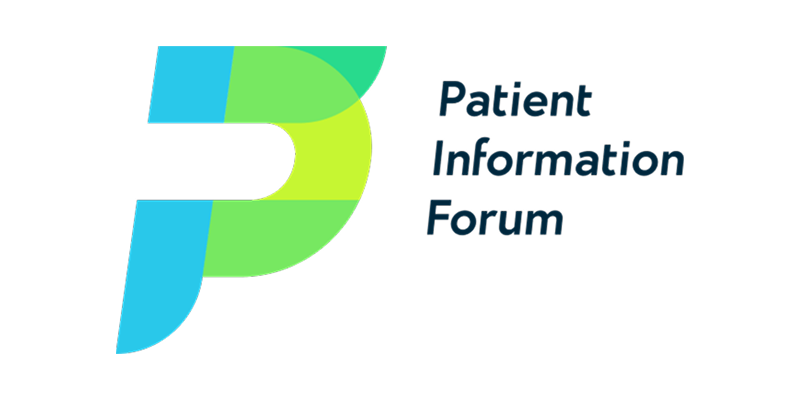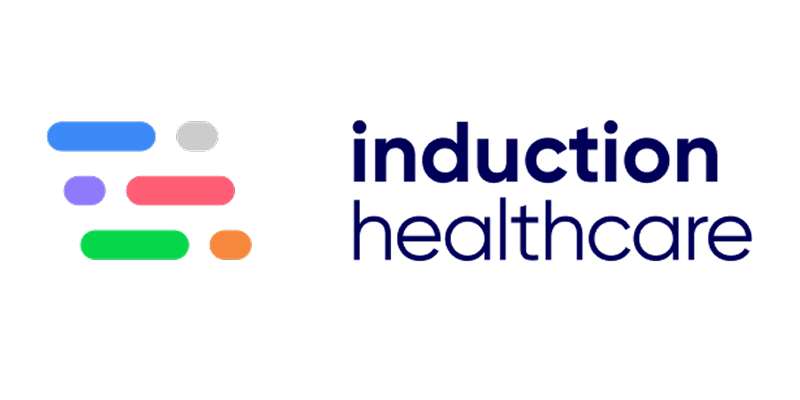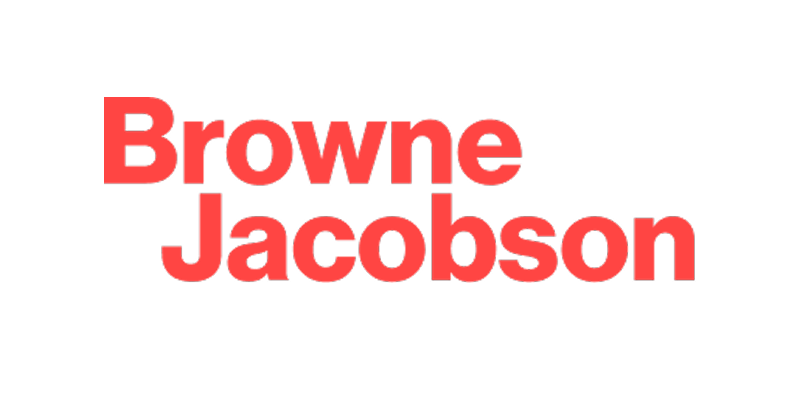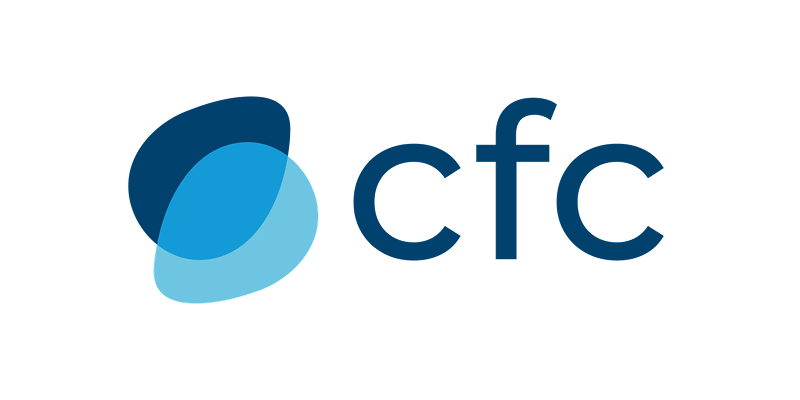Revisit the 2024 EIDO Conference
Explore talks, insights and downloadable resources
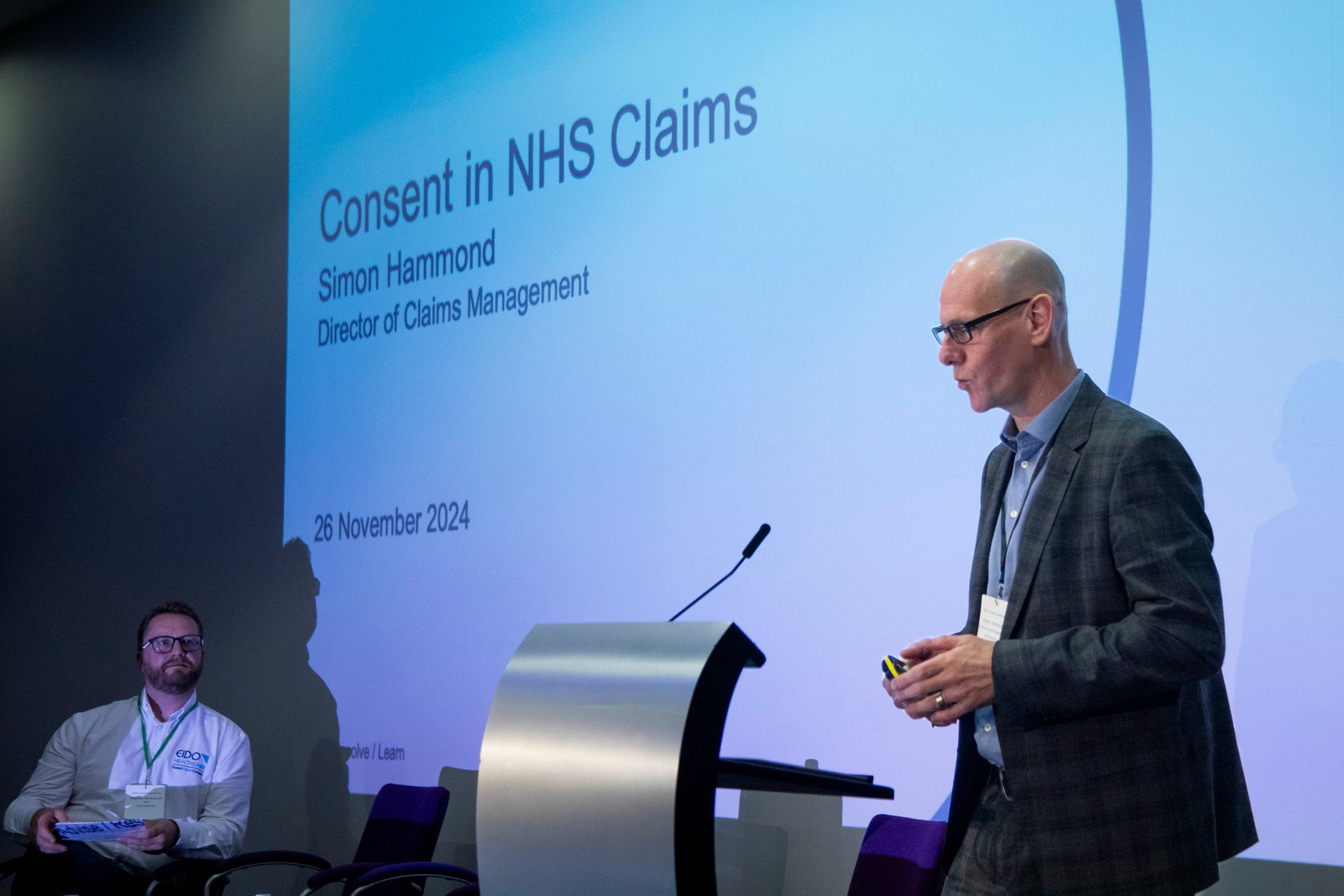
Welcome to the EIDO Informed Consent Conference Hub
Whether you were able to attend or not, this page is for anyone interested in what good consent looks like and how you can achieve it with real-world examples from a range of experts. You can
watch full session recordings and read written summaries and transcripts of each session.
The conference brought together a diverse range of perspectives to explore the challenges and opportunities around informed digital consent and shared decision making. Sessions covered
case studies, legal insights, digital transformation, and the impact of consent conversations on patient experience.
You can explore content from
clinicians, legal and digital experts, patients, and information specialists—each offering valuable, practical insights from their area of expertise.
We hope these resources help you reflect, learn, and continue improving the way consent is approached in your organisation.
If you’d like to attend an EIDO Consent Conference in the future,
click here.
"Thanks too to you and your team for such a well-organised and engaging conference, I really enjoyed it and learned a lot."
Helena Durham
GMC Guidance for clinicians on decision making and consent
Simon Parsons
With decades of surgical and educational experience, Simon Parsons introduces the GMC’s updated guidance, explaining how clinicians can meet both legal obligations and ethical expectations around informed consent.
All-Wales peer review for decision making and consent
Jonathan Webb
Jonathan Webb, Head of Safety & Learning at the Welsh Risk Pool outlines the current set up of the NHS in Wales and the boards and government involvement. He introduces the actions Wales has taken to combat their high claims rate revolving around consent as the cause.
Downloads:
All-Wales peer review for decision making and consent
Dr Ben Thomas
Ben Thomas, All Wales Clinical Lead for Decision-making and Consent, considers peer review as a method for measuring and improving the quality of the consent dialogue and process.
Downloads:
Consent conversations: The view from Downunder
Professor Stephen Trumble
Professor Stephen Trumble explores how landmark legal cases shaped Australia’s patient-centred consent model, where dialogue, not documentation, defines ethical medical communication.
Downloads:
Medical negligence and consent: Identifying common mistakes and preventable harms
Dr Amelia Newbold and Jonathan Fuggle
Dr Amelia Newbold and Jonathan Fuggle unpack the legal pitfalls of poor consent, outlining how case law and courtroom patterns can help clinicians avoid preventable harm and litigation.
Downloads:
Panel discussion: How collaboration can help provide a gold-standard library of patient information
Sophie Randall, Tim Johnson, Omar Mulla, Rachel Power
Drawing from roles in advocacy, clinical leadership, and digital health, this panel discusses how co-creation of accessible information supports consent that is inclusive, effective, and legally sound.
Downloads:
Case study: When consent goes wrong – analysis of a real-life scenario
Francis Brooks and Jo Clift
With experience in surgery and medical underwriting, Francis Brooks and Jo Clift dissect a real-world case of failed consent, showing how empathy, clear records, and communication could have changed the outcome.
Downloads:
Patient experience: In you we trust
Helena Durham
Helena Durham, patient safety partner and advocate, shares a personal and collective patient perspective on why consent often feels alienating, and what healthcare professionals can do to rebuild trust.
Downloads:
Patient safety benefits of informed consent
Bryony Lovett
Surgeon and clinical educator Bryony Lovett examines how variability in consent practices affects safety and litigation, sharing lessons from her Trust’s move towards a more robust eConsent system.
Downloads:
Failure to inform: The litigation landscape
Simon Hammond
As Director of Claims Management at NHS Resolution, Simon Hammond reveals what the data says about consent-related claims, offering insights to help clinicians protect patients and themselves.
Downloads:
Digitising the patient journey
Simon Parsons
Simon Parsons explores how digital tools, from pre-op education to post-op follow-up, can transform consent into a continuous, patient-centred journey that improves care and builds trust.
Downloads:
Digital consent transformation case study
Karen Hassell and Lisa Whisker
Karen Hassell and Lisa Whisker share their experience piloting digital consent in breast services, highlighting how thoughtful implementation can improve clarity, confidence, and documentation.
Downloads:
Panel discussion: Interoperability. How do you choose the right system?
Rob Hughes, Doug Hopkins, Paul Johnson, Zoe Blackman
This panel of health tech leaders explores how strategic system design and smart partnerships can ensure consent platforms support, not hinder, clinical care and patient understanding.
Downloads:
Consent issues in recent inquiry report findings – infected blood and birth trauma
Professor Vivienne Harpwood
Professor Vivienne Harpwood reflects on the findings of recent inquiries, examining how failures in consent have harmed trust and what systemic change might look like.
Downloads:
A standout event that truly hit the mark

Everyone said they are likely or very likely to attend again

9 in 10 delegates gave our speakers top marks

of attendees would recommend the conference to a colleague
Contact Us
Thank you for registering for future EIDO updates.
We will keep you posted.
Oops, there was an error with your registration.
Please try again later.
Future EIDO Consent conferences
Be the first to hear what’s coming next
Register your details with us and we’ll keep you posted!
You may also be interested in the following
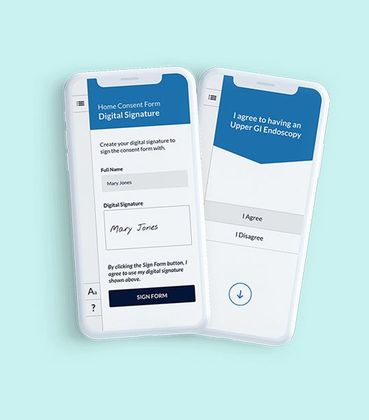
A smarter way to deliver informed consent, digitally and securely.
Find out more
Digital Consent Suite
Informed consent, where patients feel most comfortable.
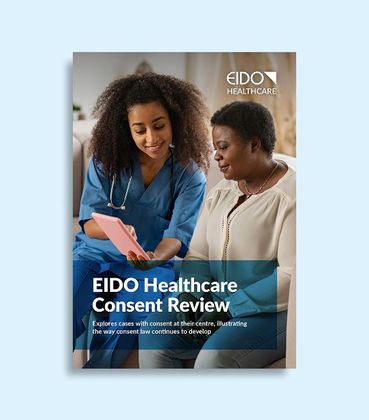
Real cases, expert analysis, practical takeaways for clinical teams.
Find out more
Consent Review

